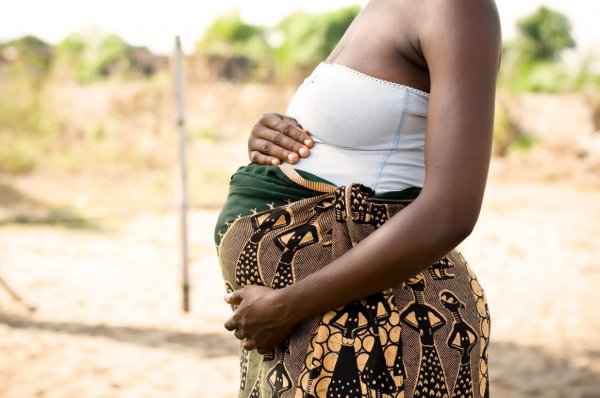New Study Group launches to determine the effects of pregnancy on piperaquine pharmacokinetics
A new Piperaquine Pharmacokinetics in Pregnancy Study Group is now open for participation. The analysis hopes to determine the effect of pregnancy on the pharmacokinetic (PK) properties of piperaquine and contribute evidence to inform decisions on the use and optimal dosing of piperaquine in pregnant women.

Pregnant women are particularly vulnerable to malaria with more than 120 million pregnancies occurring in areas with P. falciparum and/or P. vivax transmission each year. Malaria in pregnancy is an important cause of maternal and neonatal morbidity and mortality. This is in part due to physiological changes that occur during pregnancy that can affect the PK of most medicines, often resulting in lower drug concentrations and thus increased risk of treatment failure.
Artemisinin-based combination therapy (ACT) is the recommended first-line treatment for uncomplicated Plasmodium falciparum malaria in pregnant women in the second and third trimester according to WHO guidelines. The 3-day fixed-dose combination of dihydroartemisinin piperaquine (DP) is one of five ACTs currently recommended. DP is also recommended for intermittent preventive treatment (IPT) of malaria in pregnancy according to World Health Organization (WHO) guidelines.
However, the reported PK properties of piperaquine in pregnant women are contradictory: some studies report unchanged piperaquine exposures and others report elevated piperaquine clearance resulting in decreased total exposure in pregnant women with and without malaria.
Joel Tarning, Head of PK Modelling at WWARN confirms, "The Piperaquine Pharmacokinetics in Pregnancy Study Group hopes to analyse extensive individual patient data with more than 1,000 pregnant women and balanced non-pregnant control in Asia and Africa, in order to find greater clarity, guide treatment guidelines and develop opportunities for further clinical trials."
Participating investigators will receive information on a preliminary analysis of a total of 1,511 individuals (1,291 pregnant/220 non-pregnant women, 1,062 treatment/449 IPT) in Asia and Africa from 6 published and 2 unpublished clinical trials between 2011 to 2017. Based on feedback and review, a publication will be prepared for submission by the end of 2019.
If you are interested in joining this Study Group to share your data or following the results, please visit the Piperaquine Pharmacokinetics in Pregnancy Study Group.
Email your questions to Joel Tarning (email joel.tarning@wwarn.org) and Junjie Ding (email junjie.ding@wwarn.org).

